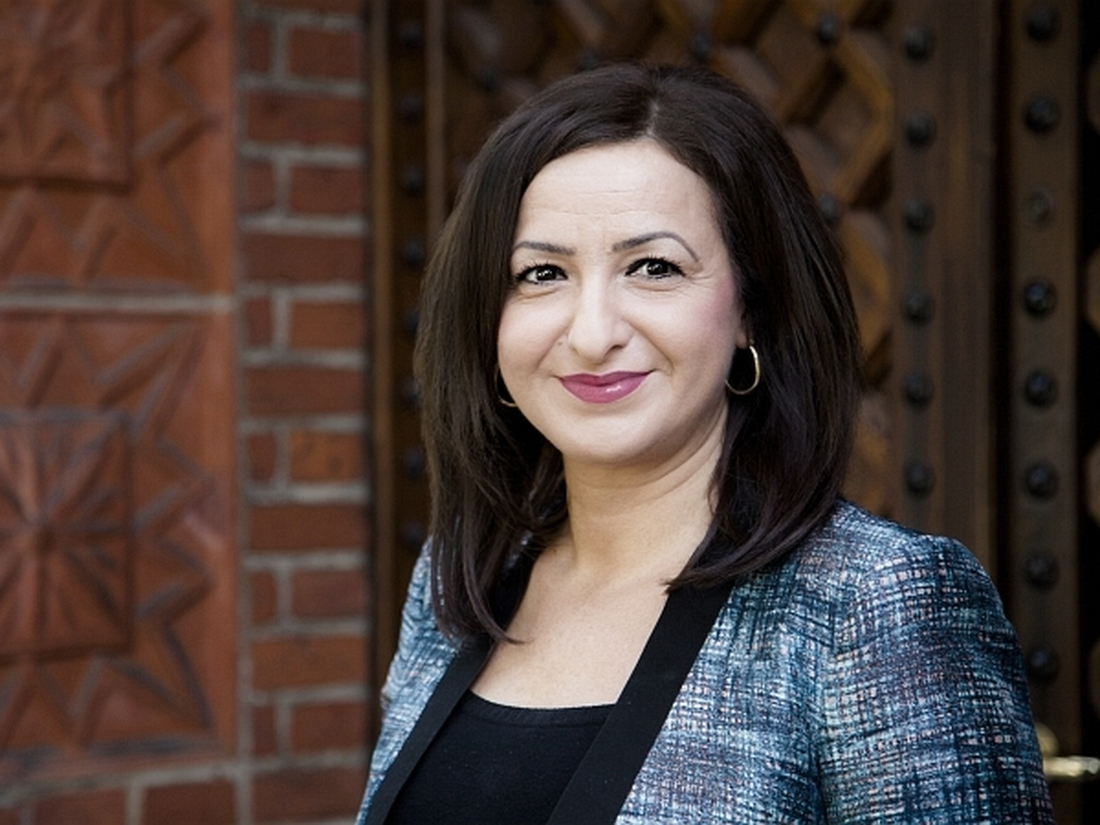
Politics and economics go hand in hand for women’s benefit: SWOPS under the patronage of Dilek Kolat
Dilek Kolat, Senator for Labour, Integration and Women’s Issues in the State of Berlin, Germany (SenAIF) becomes patroness of the SWOPS demography project, thereby supporting the sustainable transformation of corporate cultures in Europe.
Equal opportunities are proven to provide a crucial factor for innovation and economic success for businesses in Europe. Therefore, the regional association of Business and Professional Women (BPW) Germany, BPW Club Berlin, has initiated SWOPS. The aim of the project is to develop a structural change oriented personnel strategy that works across countries and provides companies with innovative tools with which they will be able to master the challenges of demographic change.
During the two-year project duration of SWOPS, possible causes are being explored that prevent decision makers from offering qual opportunities for career development to both women and men. The consultation process occurs in four SMEs each from Sweden, Austria, France and Germany. In this way, an effective consultation tool with a human resources strategy will be developed as a handout for the corporate management. The handout will support employers in dispelling traditional role models to increase their attractiveness as an employer for prospective employees and help them to differentiate themselves positively from other competitors in the labor market. SWOPS serves employers to selectively pursue change processes in motion and successfully implement new personnel standards. At the same time it contributes to the enhancement of the corporate brand as ’employer branding tool’. In particular, SWOPS enables young companies to gain competitive advantages and growth in the international ranking at an early stage. Companies benefit from strategies that have already proven themselves in other EU countries and are combined as best practices in the SWOPS strategy.
In her commitment to become the patroness Senator Dilek Kolat welcomed the objectives of SWOPS:
With the campaign “Companies with women at the top!” the Senate Department for Labour, Integration and Women and the Berlin Chamber of Commerce have created a combined network of Berlin-based companies to improve the career opportunities for women in working life, which – like the SWOPS project – addresses change in the corporate culture.
Cornelia F. Krämer, 1st Chair of the BPW Club Berlin and SWOPS project manager: “With the generous funding of SWOPS by the Senate for Labour, Integration and Women we welcome all the more that Senator Dilek Kolat now is the patroness of SWOPS. We are convinced that SWOPS is an important building block for more opportunity fairness and therefore will have a share in the economic boom for many companies – both in the region as well as throughout Europe.”
The range of applications of SWOPS in the companies is manifold: SWOPS provides support, for example in improving communication between management and the workforce, in the balanced distribution of responsibilities and roles, as well as the establishment of mixed teams with more creativity and innovation in companies. Furthermore SWOPS provides support for the introduction and implementation of innovative recruiting activities, the occupational health management, or in the development of strategies to attract more young women into technology occupations.
SWOPS is a tool for the (ongoing) development of HR strategies and operational human resources management financed by the PROGRESS program of the European Union and co-financed by the Berlin Senate for Labour, Integration and Women (SenAIF) and the Senate Östergötland (Sweden) with a total of around half a million Euros. SWOPS is currently being developed on the initiative of the BPW Club Berlin.
In addition to the Berlin RKW GmbH, which is responsible for the content control, other international partners are involved: In France the European employers ‘association, Centre Européen de Ressources of Groupements of Employeurs (CERGE), Poitiers, and at the regional level, the Centre de Ressources of Groupements d’ Employeurs (CRGE), Poitou-Charentes. In Austria the cluster for sustainable waste management in Styria ARGE.at comprising 130 companies and in Sweden the SME network of regional developer Tillväxt Motala.